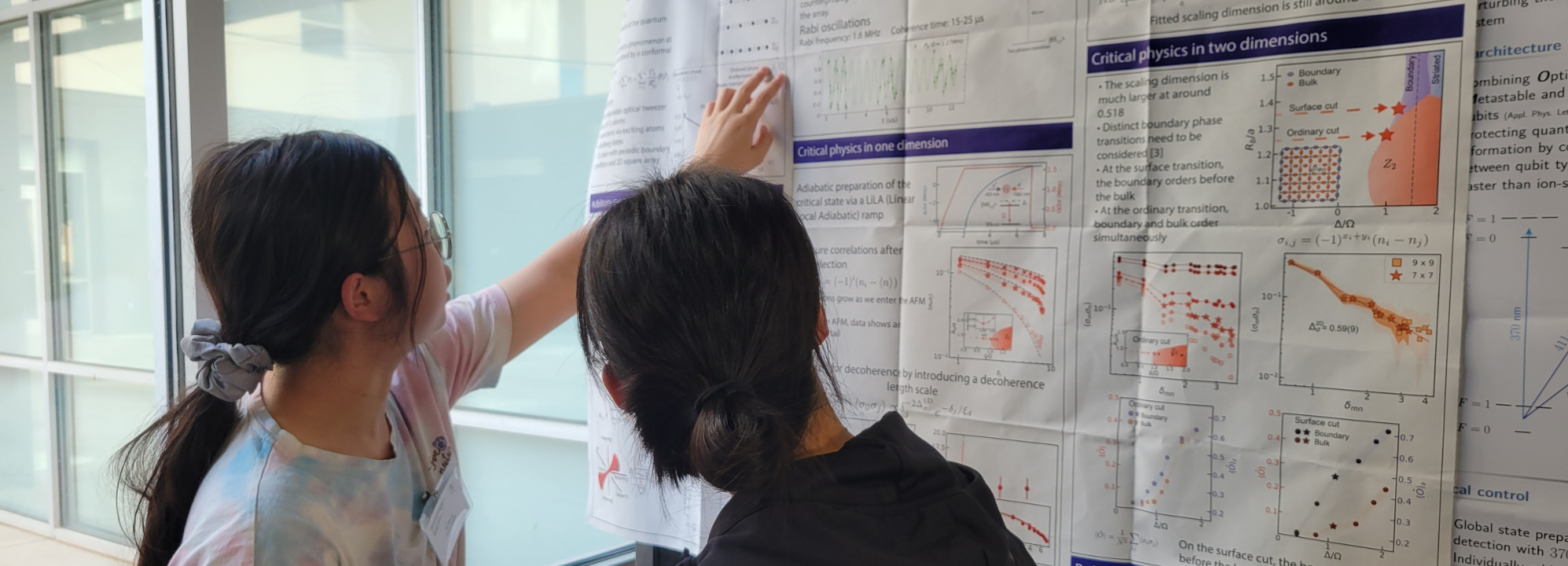The Quantum Systems Accelerator (QSA) is catalyzing national leadership in quantum information science (QIS) and technology to co-design the algorithms, quantum devices, and engineering solutions needed to deliver certified quantum advantage in Department of Energy scientific applications.
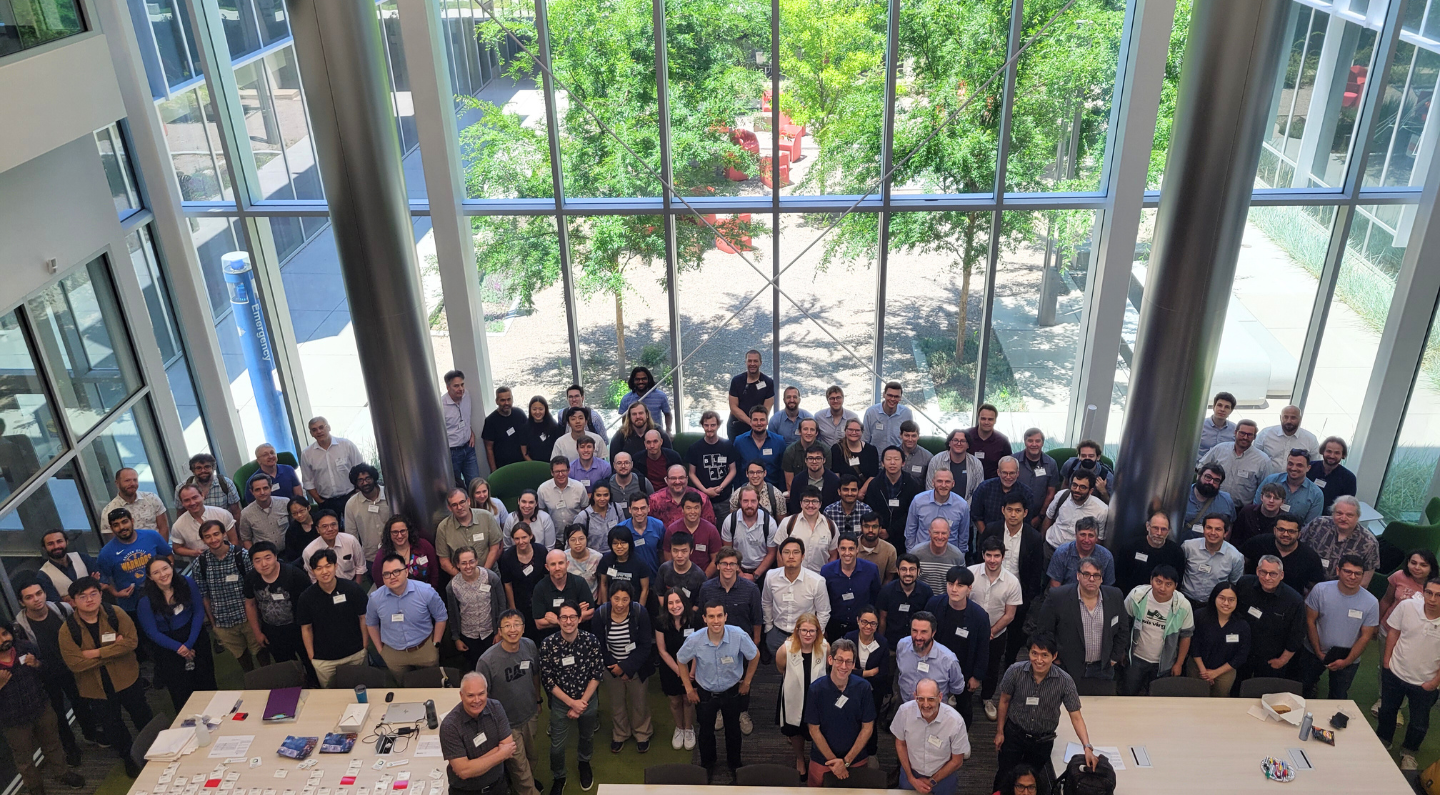


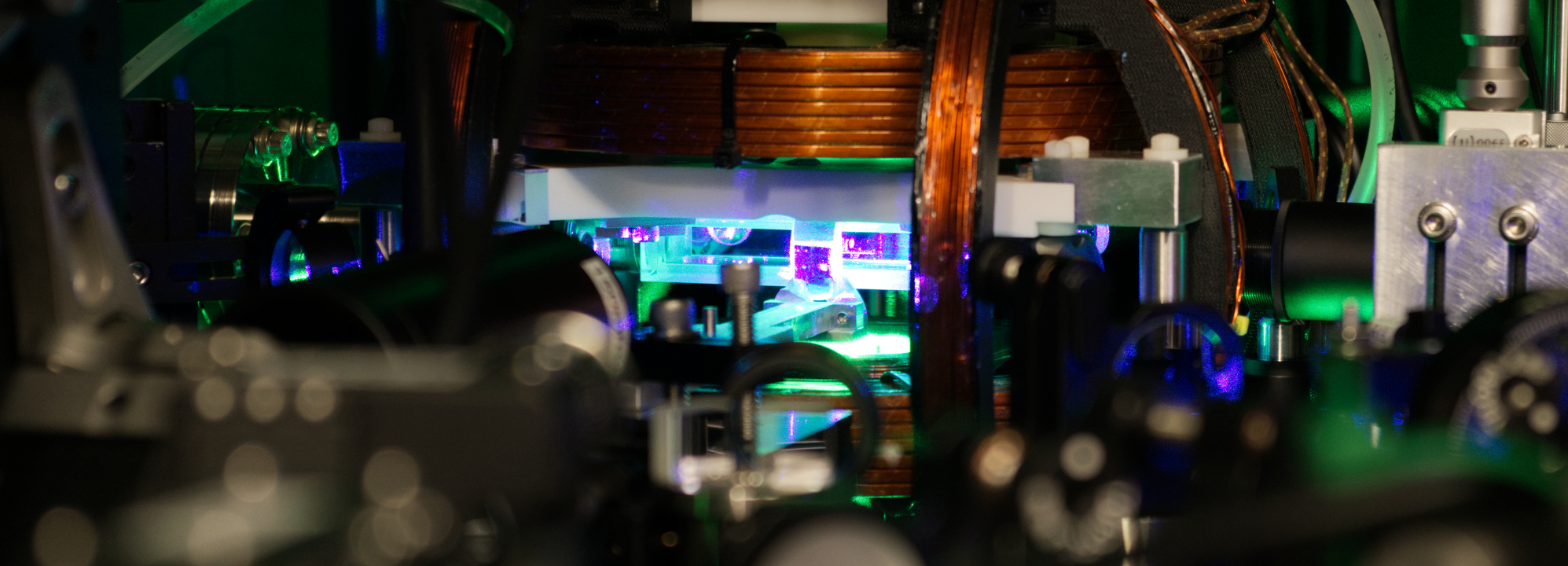
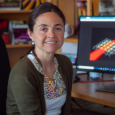
QSA assembles a broad breadth of talent from 15 member institutions in North America, many of whom have pioneered today’s quantum information science (QIS) and technology capabilities. Lawrence Berkeley National Laboratory leads QSA with Sandia National Laboratories as lead partner.

Quantum mechanics predicts that matter can be correlated to a degree which is not naturally observed in nature. QSA will address how this complexity can be transformed into an engineering resource.

QSA will establish the precision tools to control naturally occurring atomic qubits and better engineered superconducting qubits for existing classical controls.

QSA will nucleate a new branch of engineering, establish metrics, benchmarks, and technology roadmaps to guide industry and bring quantum from the laboratory to the factory.

QSA will establish a stable platform for cooperative research and a launchpad for young and mid-career scientists and engineers.
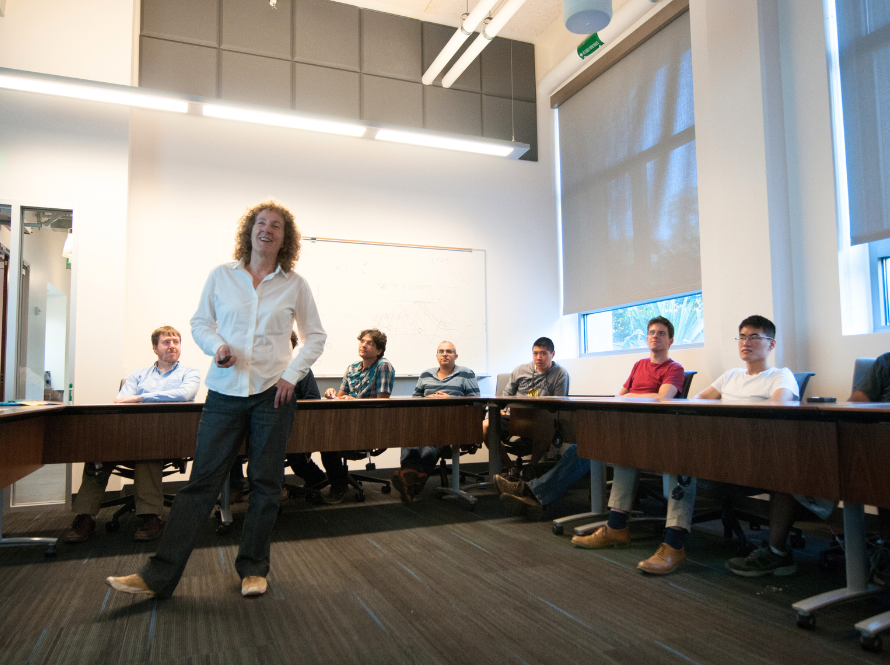
Since its founding, QSA has co-designed powerful programmable quantum prototypes that maximize the performance of current noisy quantum hardware in three major platforms: neutral atoms, trapped ions, and superconducting circuits. Furthermore, it has advanced the algorithms and platform-specific applications specifically constructed for near-term, imperfect hardware for scientific computing, materials science, and fundamental physics.
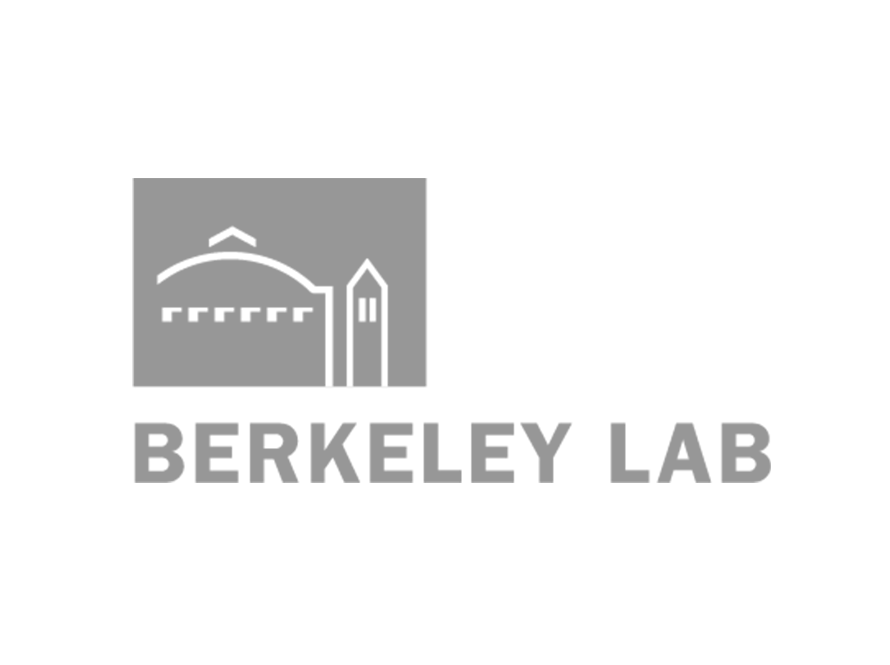

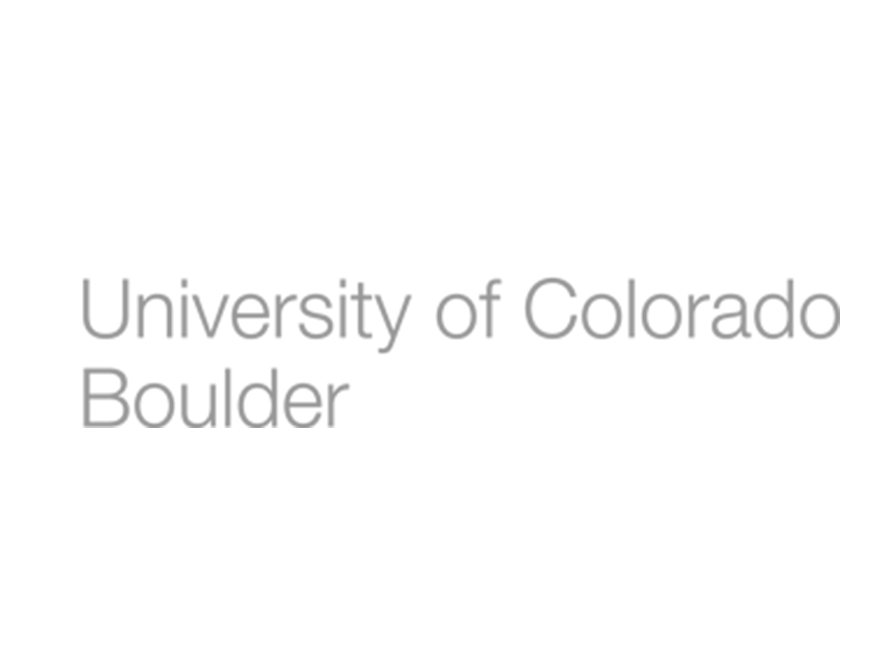
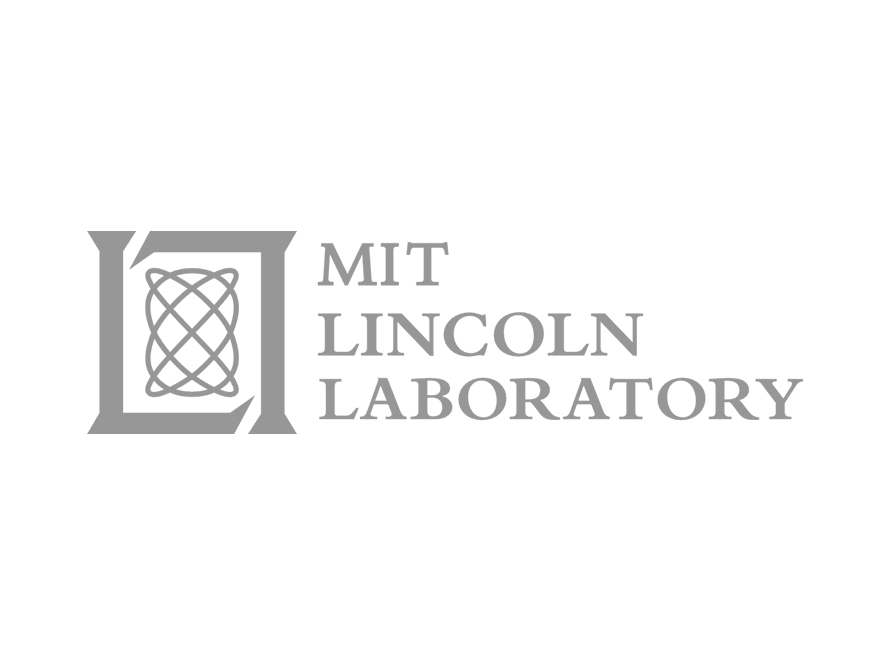
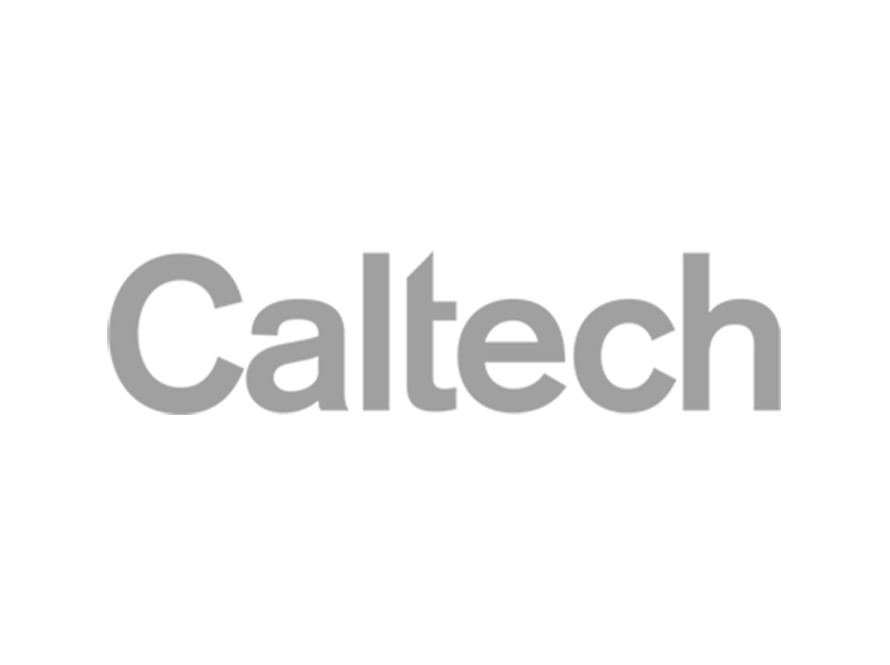

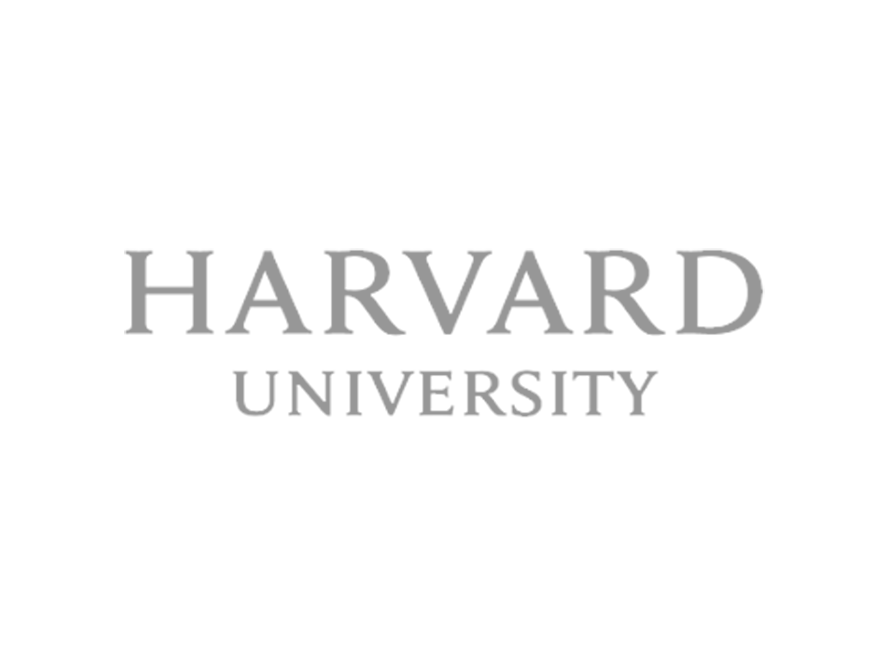


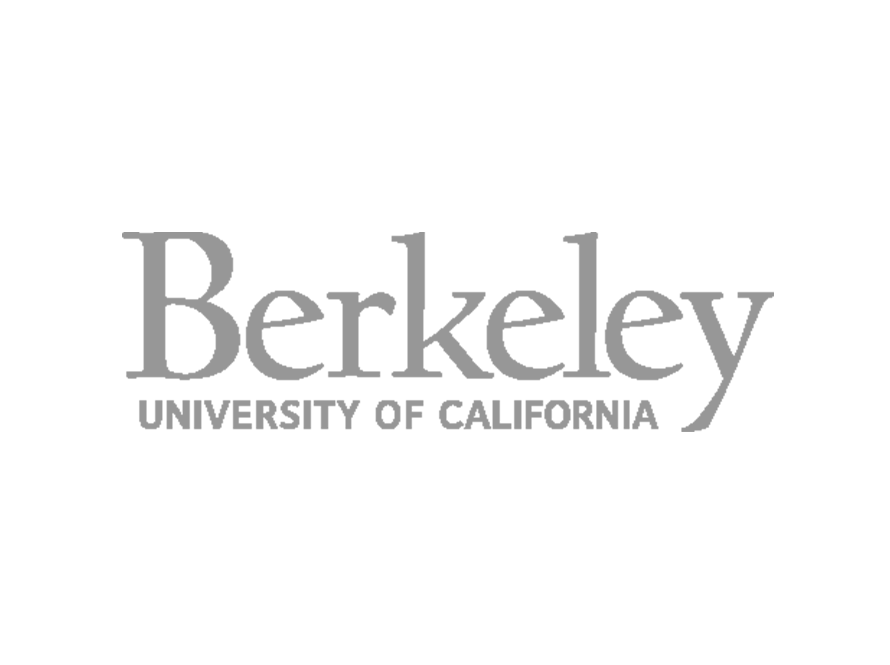
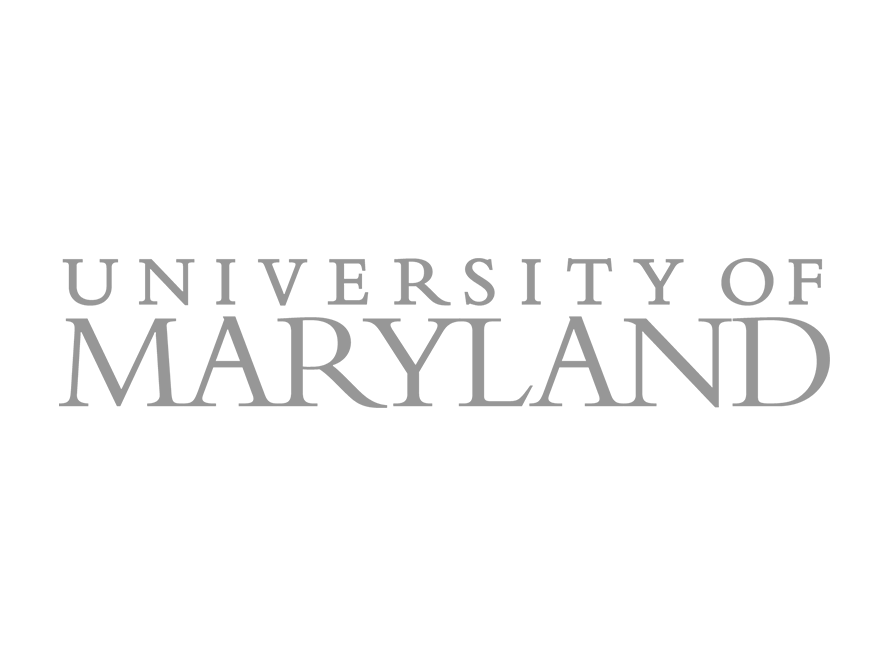
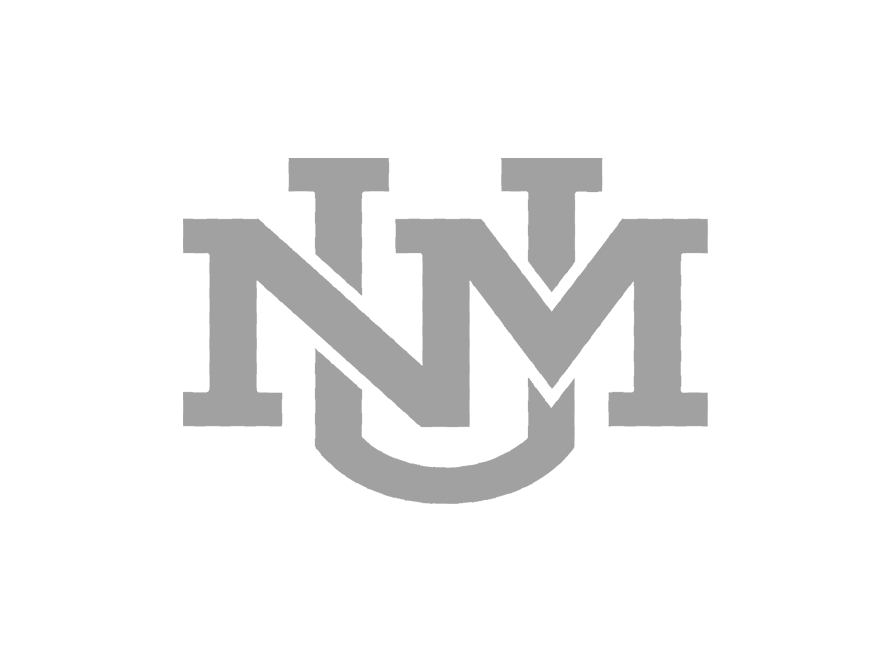

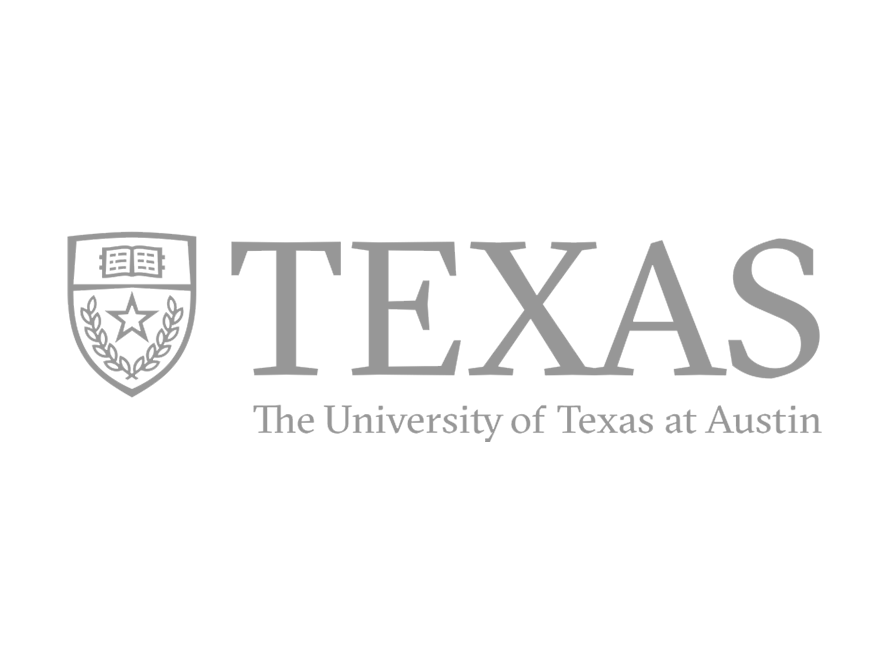
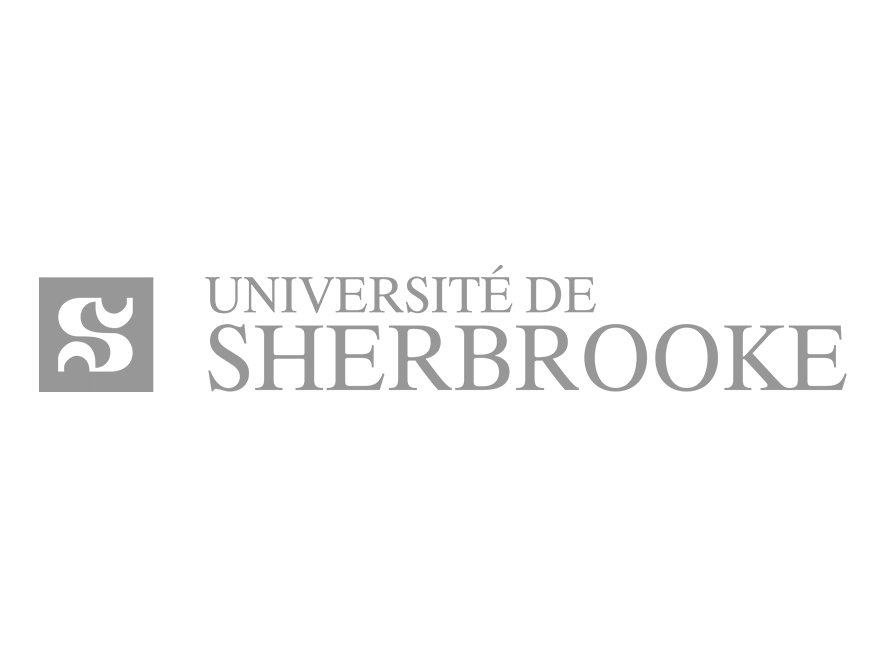

The five DOE National QIS Research Centers develop cutting-edge research and technologies for science’s most complex problems. Established in 2020 and led by a DOE national laboratory, each center incorporates a collaborative team of labs, universities, and companies spanning a broad range of scientific and engineering disciplines, including over 1,500 experts across 115 academic, industry, and national science institutions in North America and Europe.
40 world-leading experts in complexity theory, algorithm design, quantum devices, many-body physics, & electrical, optical & materials engineering.
Unique full-stack innovative approach that builds a bridge between the current NISQ technology & future universal computation.
Quantum Systems Accelerator taps into the national networks of QIS-focused centers.
Focus on the interplay between all levels of the quantum system stack, crossing all five levels of innovation chain with integrated research thrusts.
New education and workforce development programs to provide immediate re-training and to feed the pipeline.
Partnerships across industrial sector, including Google, IBM, Microsoft, & QED-C.
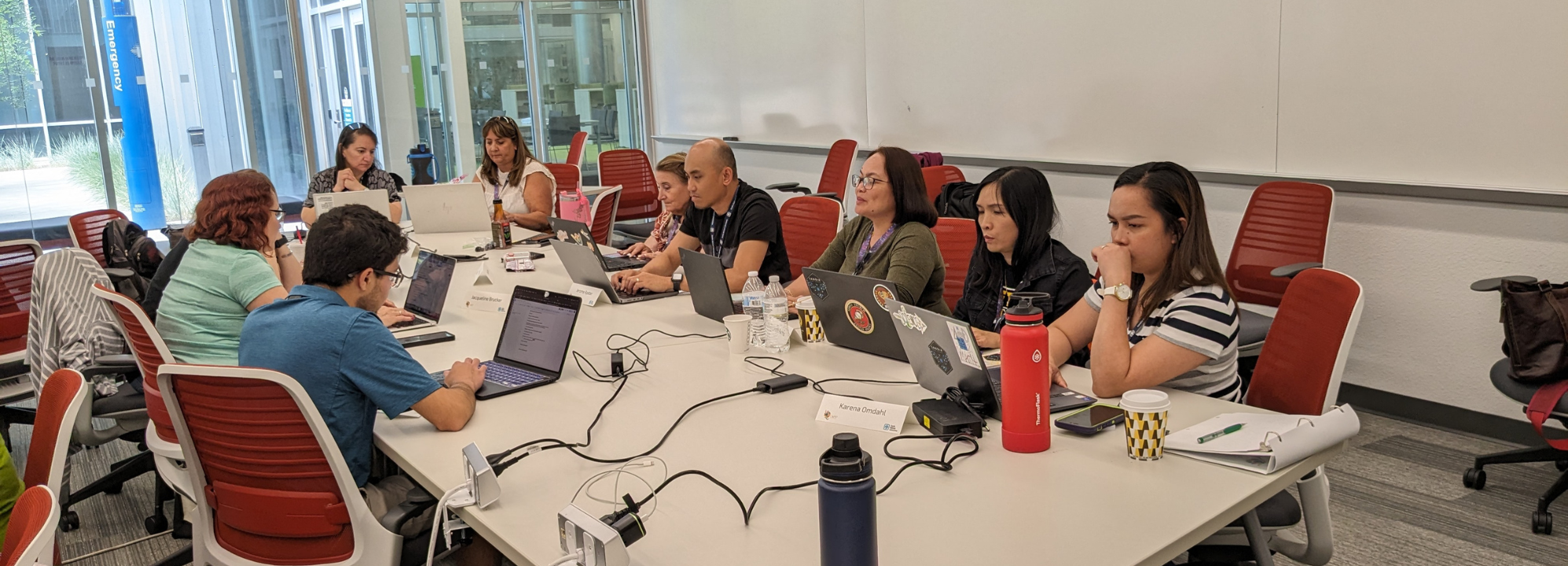
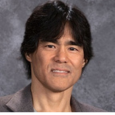
The Quantum Computing, Mathematics, and Physics summer camp (QCaMP) has been QSA’s innovative yearly educational program since 2022 for high school students and teachers in underrepresented communities in STEM from New Mexico and California, two of the nation’s majority-minority states.

“Co-design is critical. It is bringing together the hardware developments, devices, algorithms, and engineering solutions to deliver certified quantum advantage. That’s actually a very interesting challenge on its own. How do you know you actually have quantum advantage? And we do this specifically for scientific applications…” Bert de Jong, Director
